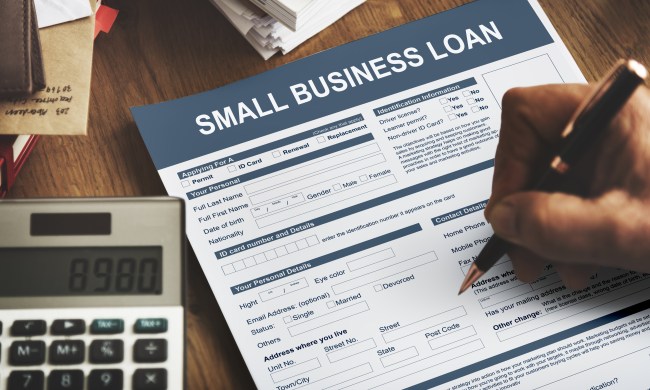Did you know 72% of the most recognizable brand names use made-up words and acronyms? There are plenty of methods for standing out, and maybe you don’t want to get that creative in choosing a name for your business. Whatever you choose can communicate authority, practicality, a sense of fun, and more.
Your business name is the first thing customers see online, on business cards, and on social media. It’s attached to every product you make and sell, too. And, it’s what other business owners will hear when they think of partnering with you.
It may feel like there’s a lot of pressure in settling on a brand name, but that’s not the case. If you’re completely stuck thinking, “How should I know how to choose a name for my business?” You’re in the right place. You’ll find top tips to guide your business naming process with this guide.
How to choose a business name
You can take some pretty basic steps to check if a name’s right for your business. It doesn’t have to happen overnight. Of course, maybe your new startup name will come to a dream (then you can quite literally call yourself a visionary).
More than likely, you already have a few clues as to what “feels right.” Before settling on a name, there are a few important things to consider. Or, if you’re completely lost picking a brand name, there’s even more you can do.
Sound it out
If you’ve already got a business name picked out, say it out loud. Pretend to call clients. Mention it to your potential business partners or personal network.
Try it (and other possible variations of it) out loud. If you tire of saying your new business name even before you open shop, it’s time to pick another name. If you find yourself getting more and more excited over it, stick with the name.
Must have meaning
Does your potential brand name mean anything? Or did you pick a generic, nonspecific name to play it safe? If you’re concerned about communicating impracticality, you can still pick a brand name without sounding absolutely blah.
Your business name may not mean anything overtly to consumers, but it has to mean something to you as the owner and founder. Avoid picking something so sentimental your customers won’t “get it.” You can be practical and sentimental if you take the time to plan it out.
Getting too clever
Perhaps you’re on the creative side, and you picked a clever business name that mashes up your services and personal name. And maybe you’re lucky, and it’s clear to you (and, more importantly, consumers) just what your business offers. More often than not, getting too clever confuses consumers.
If you’re in tech and get too clever, you might use odd spellings, code language, etc. that confuses industry outsiders. Creative word mashups might entertain copywriters and confuse clients. Balance your creativity with practicality, too.
Check searchability
Have you Googled yourself yet? If not, a quick Google search can tell you about any prominent competitors. It can also tell you if you need to rebrand already. The last thing you want is future consumers confusing your business with another.
You may also find potential problems with popular associations too. If your potential business name generates other results, you need to stake your claim first.
Claim it first
Whether it’s a domain name, social media handles, or business listing in virtual directories, stake your claim. If you know your business name isn’t trademarked or claimed by any company in operation, claim your name. Buy domains if they’re not already owned.
As for social media accounts, if you own a trademark, consumers can’t use the account name once you’re verified with a platform. It helps if you have a domain claimed first, though.
Check legal details
There are two major details when it comes to legal details for choosing a business name. You’re likely planning to incorporate or explore LLC options. If so, you need to check with your Secretary of State first. If other business names are too similar, you may not get approved for incorporation.
You can also conduct a trademark search to make sure your business name isn’t already taken. Doing legal research ahead of time simplifies domain name purchases and future issues surrounding rights and naming.
The real name of the game
At this point, you shouldn’t be wondering how to name your business. It’s time to start brainstorming and build the beginning of a strong brand. If you don’t know what to do next, there’s plenty more to consider. You may need to build your brand more or draft a business plan.
Hopefully, following these tips helped you consider consumer perception. Thinking about your target audience can help with branding details like logo design or rounding out a thin business plan. Take those next steps, name your business, and stand out as a true blue business owner in the professional world.


